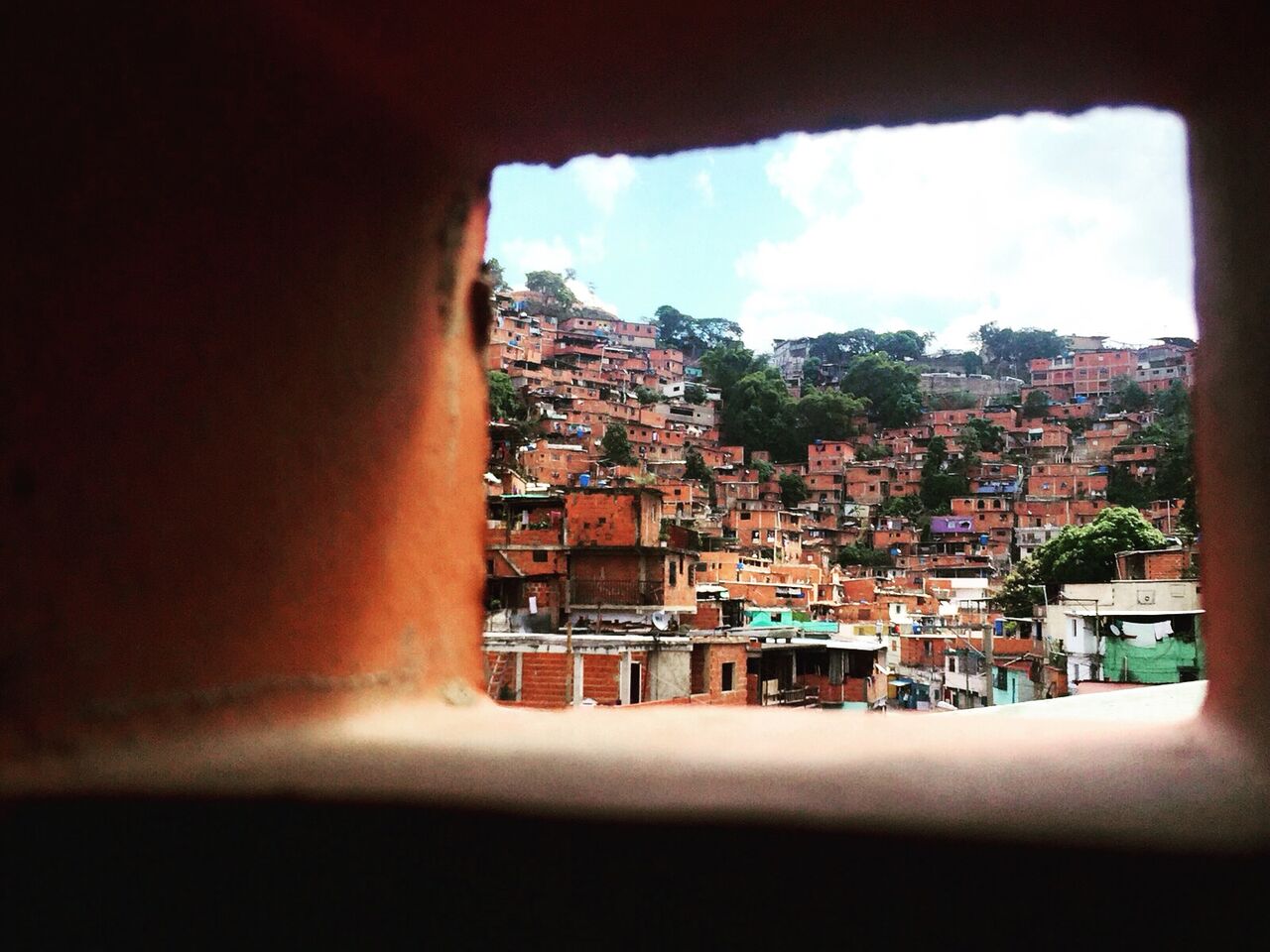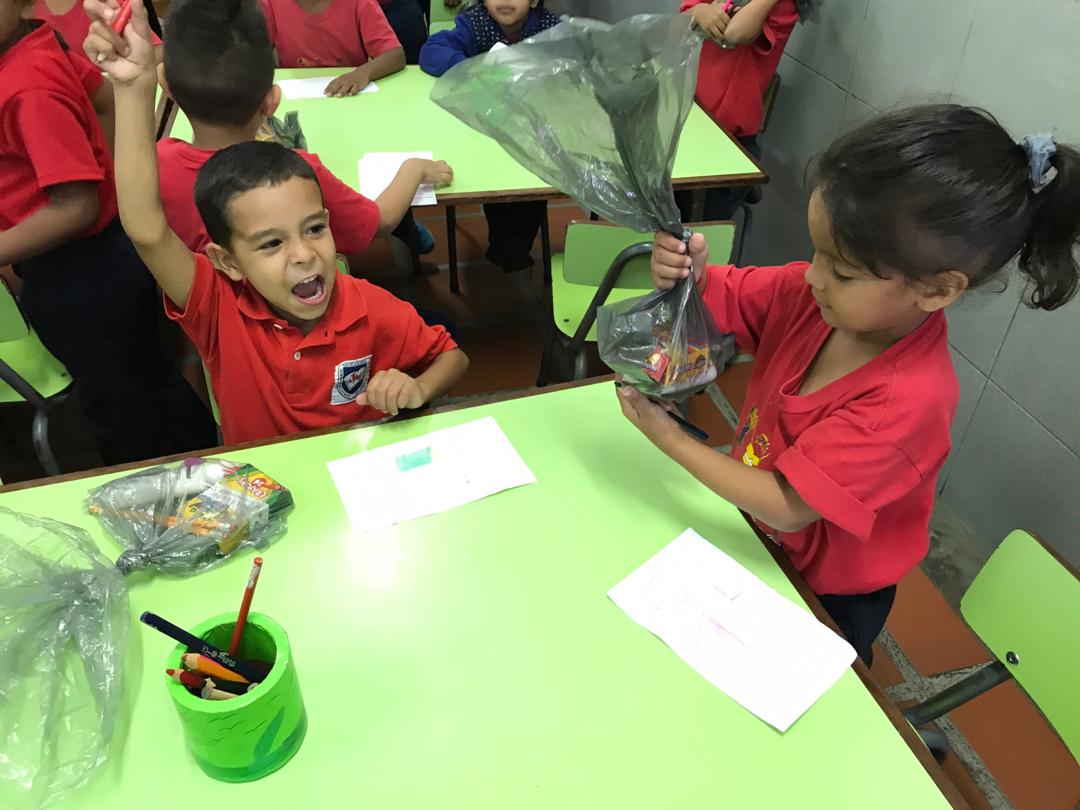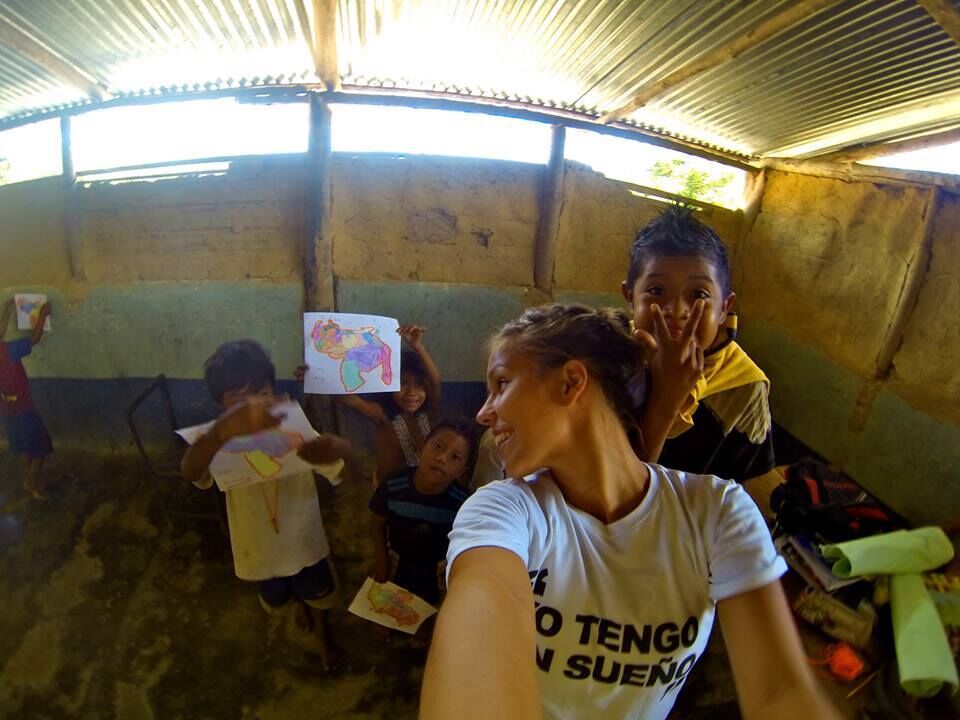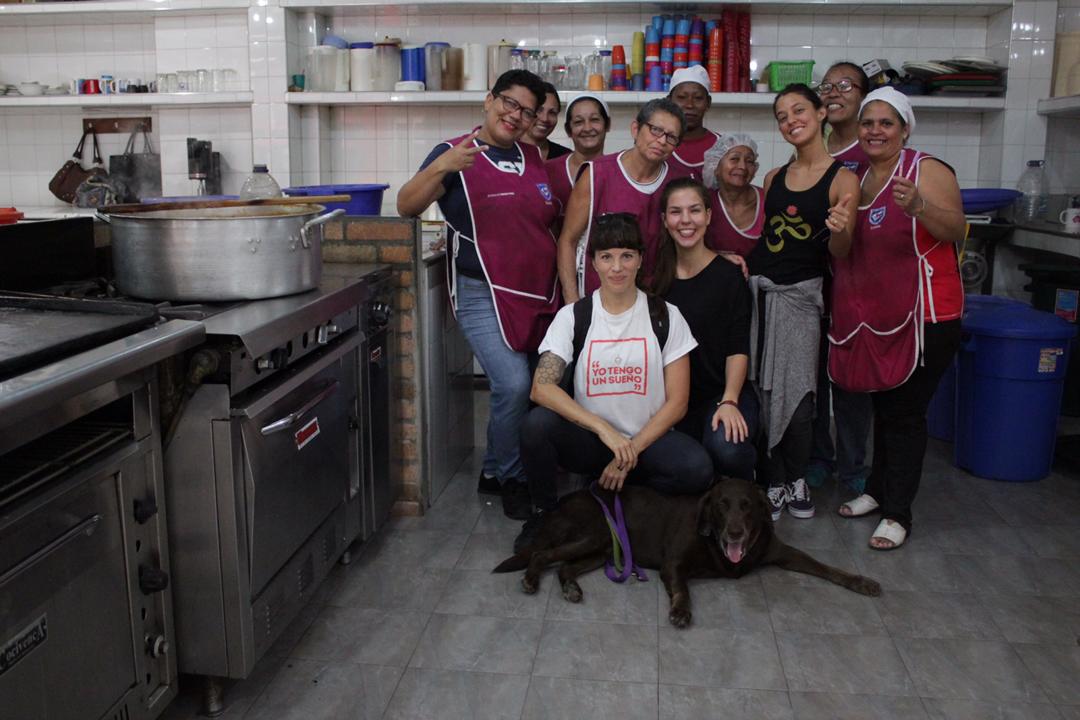I Saw Kids Fainting from Hunger in the Classroom, So I Decided to Do Something About It
Millions of Venezuelans are facing malnutrition. I know I can’t fix the entire problem. But, together with a couple dozen volunteers, we can help a few hundred at-risk young people and retirees beat acute hunger. So we do.


Photos: Yo tengo un sueño
After going more than 12 hours without eating, some kids faint when they get to school. I didn’t hear that second hand, I saw it myself while I accompanied sister María Luisa Casar to the school she founded almost 15 years ago, U.E. Jenaro Aguirre Elorriaga in Petare, one of the most dangerous slums in Caracas.
“The figures of malnutrition in Venezuela went from 1.1 million people in 2010-2012 to 3.7 million in 2015-2017, which means that the progress reached in the previous decade is lost,” said the United Nations Food and Agriculture Organization.
 A view of Petare, one of Caraca’s biggest slums.
A view of Petare, one of Caraca’s biggest slums.
Indeed, something must be done, so I formally created a civil association called “Yo tengo un sueño” (“I have a dream”) inspired in Martin Luther King Jr.’s famous speech. My dream is that every Venezuelan can go to bed on a full stomach.
Rampant malnutrition made me ask my acquaintances and friends in Caracas to promise to donate one kilo of non-perishable food per month. If 300 people came through, we’d have 300 kilos per month. We started collecting food and storing it at my home, but we soon had to move to other collection centers. I was contacted by all kinds of companies (yoga centers, restaurants, design stores, healthy food stores, universities) that offered their facilities to collect the food. Eventually, it dawned on us that we were already a huge group of people committed to changing the reality of 400 kids in the Jenaro Aguirre school in Petare.
The Metropolitana and Monteávila universities, for instance, invited me to talk about the project, and a group of UNIMET students approached me after one of those talks and told me that they wanted to be volunteers in the Petare school. This was the beginning of a very important program of our organization: English Thursdays and Fridays. It’s been four years since we implemented this program where volunteers meet at the UNIMET and teach English to the Jenaro school’s children. Thursdays are for kindergarten, and Fridays for elementary level. There’s no high school level in this institution, but some of the kids who have attended other schools for their secondary education have told us that thanks to our weekly English classes it’s been easier for them to learn the language, compared to other children who were never taught the language in their own schools.
 Some estimate that eight out of every ten children don’t have proteins in their basic diet.
Some estimate that eight out of every ten children don’t have proteins in their basic diet.
400 children eat daily in the Jenaro Aguirre school, and the need grows by the day. By early 2018, malnutrition had increased to 72% in the poorest areas of the country. Susana Raffalli, nutritionist and expert in food security, said that Venezuela has regressed at least 50 years in this matter. Dr. Verónica Martínez, a pediatrician who has worked in the Jenaro school’s dispensary for the past two years, says that malnutrition is intimately related to issues in the child’s psychomotor development, and it’s also one of the main causes of diarrhea, skin infections and diseases that we hadn’t seen in our country for a long time, such as measles, diphtheria and chickenpox. Martínez estimates that eight out of every ten children don’t have proteins in their basic diet.
 “My dream is that every Venezuelan can go to bed on a full stomach.”
“My dream is that every Venezuelan can go to bed on a full stomach.”
Today, we have 20 volunteers. Among them is Jessica, who asked for food donations instead of presents for her baby in her baby shower; Roberta, who offered yoga classes in Parque El Retiro, Madrid, on behalf of our organization; a group of Venezuelans in Münich who set up a yearly Christmas party to support our organization; New York-based artist Alberto Barrios and goldsmith Jessie Dib, who have made pieces and donated a part of their returns to our organization.
We’ve also worked with Casa Hogar Madre Teresa de Calcuta, where we’ve helped 80 elderly people along with the team of Fundación Barriga Llena Corazón Contento. We’re always on the lookout for alliances with projects set on helping those in need.
In these last six years, hunger has steadily increased in Venezuela, but the will to help has grown too. In a good month, we’ve managed to collect 500 kilos of food. Everytime we enter the Jenaro’s kitchens, we’re greeted with gratitude and love. We feel welcome in a slum that keeps hope alive, even when it’s going through its darkest moments.
Caracas Chronicles is 100% reader-supported.
We’ve been able to hang on for 22 years in one of the craziest media landscapes in the world. We’ve seen different media outlets in Venezuela (and abroad) closing shop, something we’re looking to avoid at all costs. Your collaboration goes a long way in helping us weather the storm.
Donate





